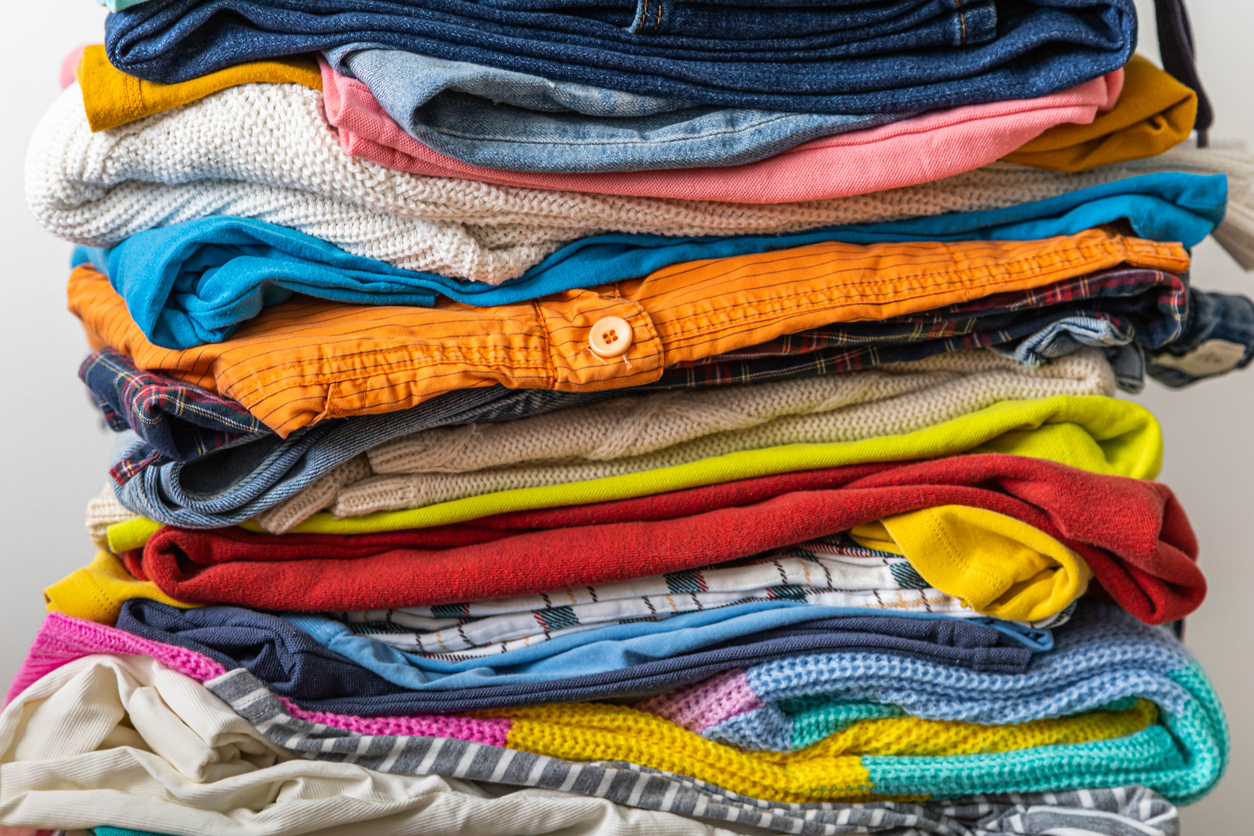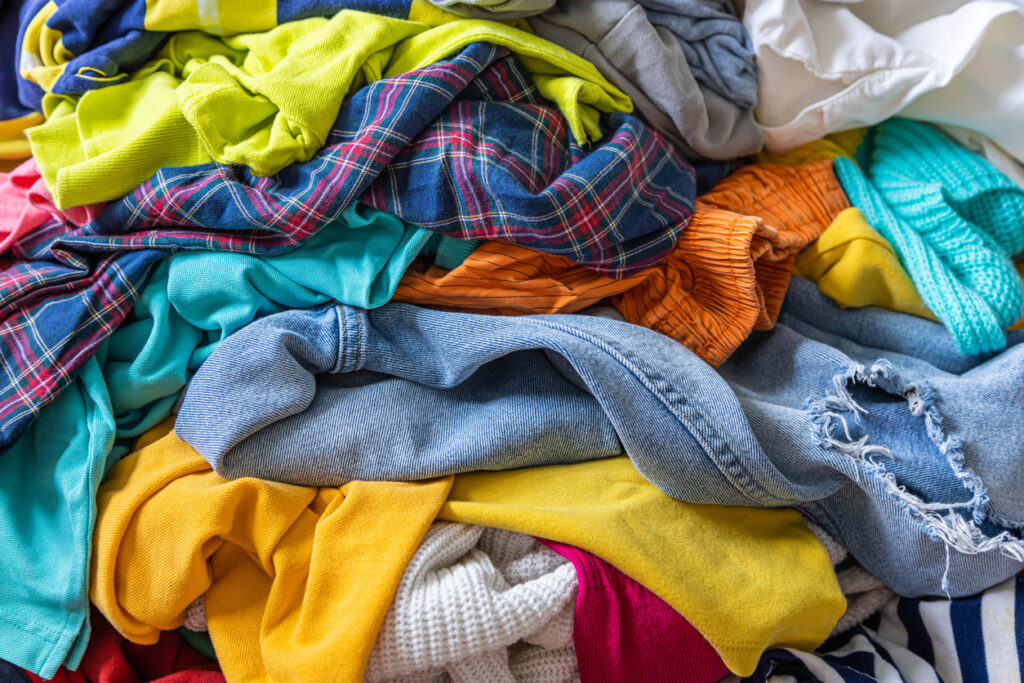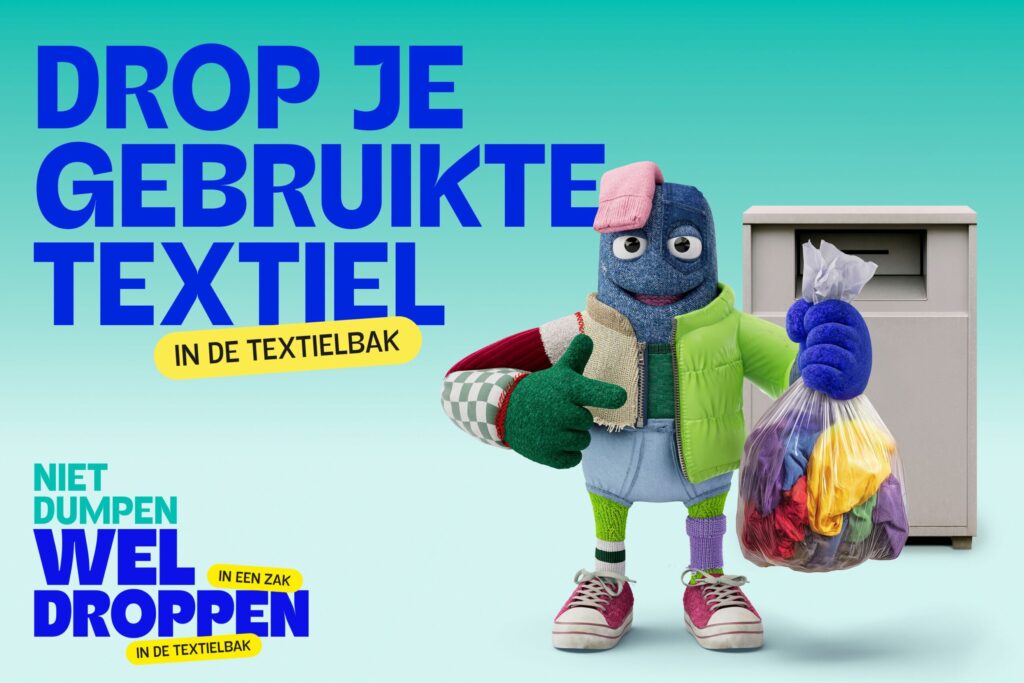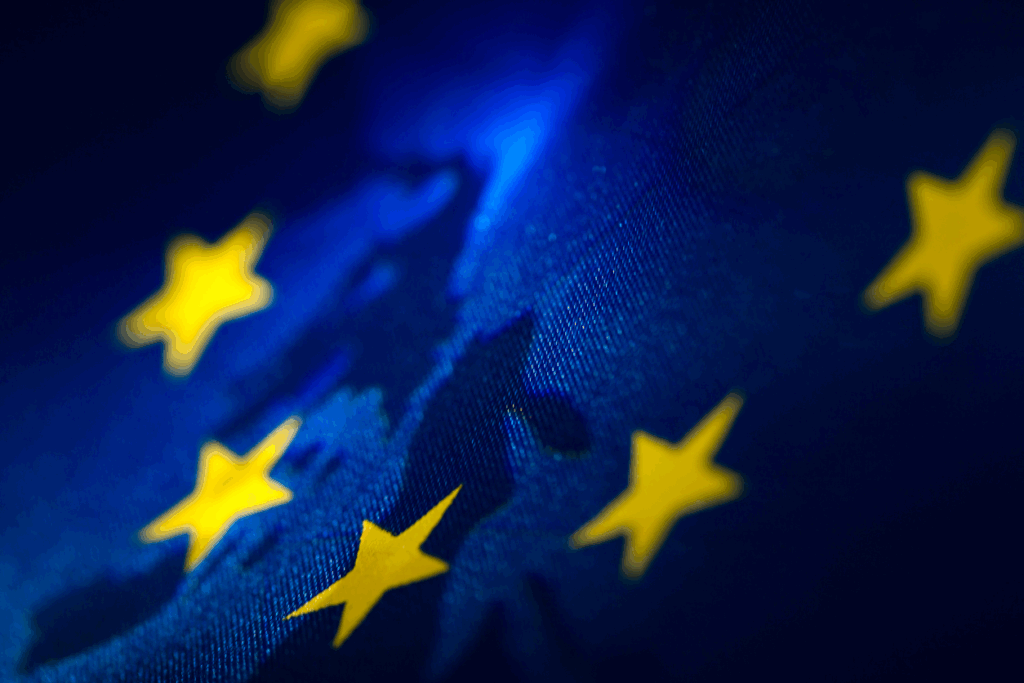Cost price study: no major shortfalls in textile collection and processing
14 November 2025 – A cost price study conducted by KPMG, commissioned by Stichting UPV Textiel, shows that in 2024 there are little to no financial shortfalls in the collection, cleaning, and sorting of discarded textiles. The results confirm that the Textile Management Fee, which producers pay under the EPR Textiles scheme, is not required to cover major deficits within the textile chain. However, this fee remains essential to accelerate innovation and enable performance-based incentives needed to achieve the legislative circular economy goals.

Representative cost price study
In January, Stichting UPV Textiel and industry organisations (NVRD, BKN, and VHT) reached a framework agreement on guaranteed fees for textile collection and processing for 2025. These fees are based on an estimate of the cost prices for the collection, cleaning, and sorting of textiles for reuse and recycling. The estimate indicated potential shortfalls across all activities but had not been validated and audited. Therefore, a cost price study for 2024 was conducted amongst service providers earlier this year. The results show the actual costs and revenues per activity and help the Foundation to work more effectively towards the circular economy goals.
KPMG based the study on financial data provided by service providers representing over 60% of the total volume. The data were supplied and validated by the parties involved, making the study representative and providing an accurate, reliable, and nuanced view of the costs and revenues across the textile chain. “Based on validated data, the study provides a solid foundation as one of the key insights for future policy decisions in the textile value chain,” said Sikko Bruinsma, Partner at KPMG.
Key results
The cost price study shows that in 2024 there were little to no financial shortfalls across various activities in the textile chain:
- No shortfall: collection and cleaning via collection containers(+€0.01/kg)
- Positive revenue: in-store collection at charity shops (+€0.26/kg)
- Small shortfall: basic sorting at charity shops (-€0.04/kg) and fine sorting (-€0.03/kg) in the Netherlands.
- Foreign sorting: a simulation based on wage differences indicates that sorting companies abroad achieve a positive net cost price (revenues exceed costs).
Furthermore, the weighted average does not apply to all service providers: there is variation in net cost prices between individual providers. Service providers who participated in the study will receive an individual report from KPMG, providing insight into their own results versus the weighted average cost price for the activity they perform.
Impact on fees and policy
According to the results of the cost price study, the Textile Management Fee from producers is not required to cover major deficits in the chain. However, the fee remains necessary to achieve circular economy targets. A large portion of this fee will need to be used further down the textile chain to accelerate innovation and bridge the gap towards the EPR objectives.
The Foundation is currently working on its fee structure for 2026, based on legislative targets, current market signals, and the insights from this study. This structure will include updated cost prices using indices for wage increases, inflation, and an expected decrease in market prices. The foundation also intends to contract major international sorting companies, which have efficiently sorted a large portion of Dutch textiles for years and contribute to the circular textile chain. Performance-based financial incentives are intended to help service providers improve and innovate, taking concrete steps towards the annually increasing EPR objectives.
Follow-up
Stichting UPV Textiel intends to repeat the cost price study every 3 to 4 years and update if needed. This enables the producers’ organisation to work, together with its partners, towards a more circular textile chain based on up-to-date data.


